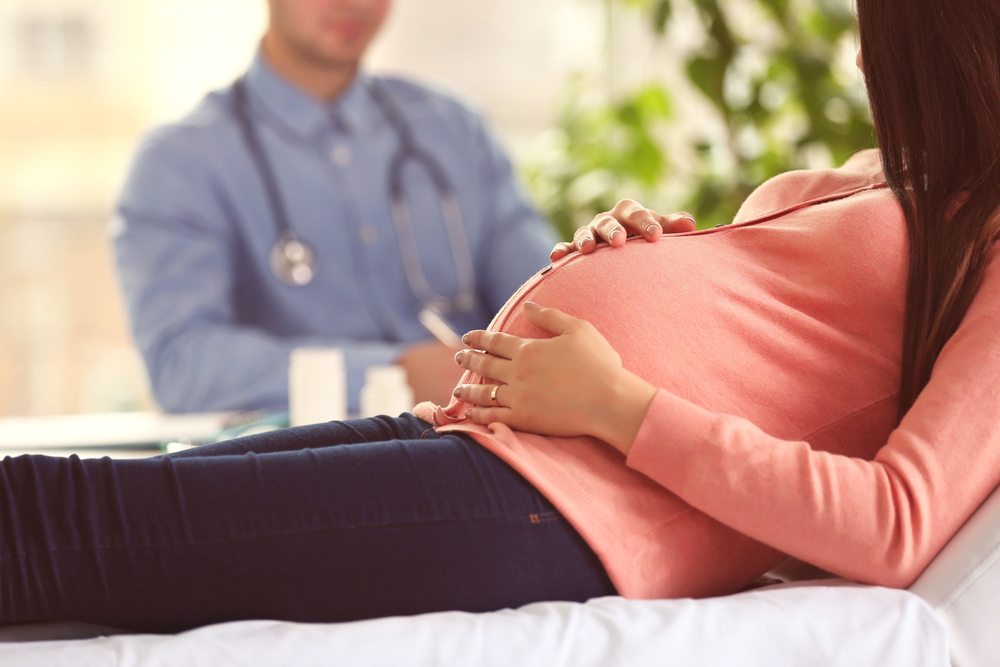Understanding Pregnancy: Key Phases, Symptoms, Testing, and Prevention Tips
This article covers essential information about pregnancy, including its stages, symptoms, testing methods, and preventive measures. It guides expecting mothers and those planning families, emphasizing early diagnosis and health management. Detailed insights into each trimester explain fetal development, while tips on recognizing early signs and preventing unwanted pregnancy are included. Consult healthcare professionals for personalized advice to ensure a safe and healthy pregnancy journey.

Understanding Pregnancy: Key Phases, Symptoms, Testing, and Prevention Tips
Planning a family and understanding pregnancy are essential parts of life. A typical pregnancy lasts about 40 weeks, during which maintaining health and safety is crucial. Early detection and proper medical care help ensure the well-being of both mother and baby. Knowing the different pregnancy stages helps you take appropriate measures for a healthy journey.
Pregnancy Trimesters
The pregnancy is divided into three main periods: first, second, and third trimester.
First Trimester
The initial 12 weeks are called the first trimester. During this time, the baby's heart, muscles, nerves, and reproductive organs start to develop.
Second Trimester
From week 13 to 28, the second trimester begins. Here, the fetus develops fingerprints and footprints. Hair growth on the baby's head begins, and bone marrow starts producing blood cells. By the end of this stage, the fetus can reach approximately 12 inches in length.
Third Trimester
Extending from week 29 until delivery at 40 weeks, the third trimester sees the baby's organs maturing and preparing for independent function. By around week 37, the baby’s organs are capable of functioning on their own.
The fetus fully forms by delivery, finalizing development in the previous stages.
Recognizing Pregnancy Symptoms and Confirming Diagnosis
Early signs of pregnancy often prompt planning. Recognizing these symptoms allows you to seek medical confirmation promptly.
Missed Period
A missed menstrual cycle is a common early indicator, especially if your periods are usually regular. A delay of about a week may suggest pregnancy.
Fatigue
Increased progesterone causes tiredness and sleepiness, which can signal early pregnancy.
Frequent Urination
As blood volume rises, kidneys process more fluids, leading to increased urination.
Nausea
Commonly known as morning sickness, nausea can occur at any time of day, usually starting after the first month but sometimes earlier.
Pregnancy Tests
At-home pregnancy kits can provide results with approximately 99% accuracy. Despite this, visiting a healthcare professional for blood and urine tests is recommended for confirmation.
Prevention Methods
If pregnancy is not desired at this time, various contraceptive options are available, including condoms, cervical caps, diaphragms, spermicides, birth control pills, patches, implants, and intrauterine devices (IUDs). Consulting a healthcare provider can help choose the most suitable method.










